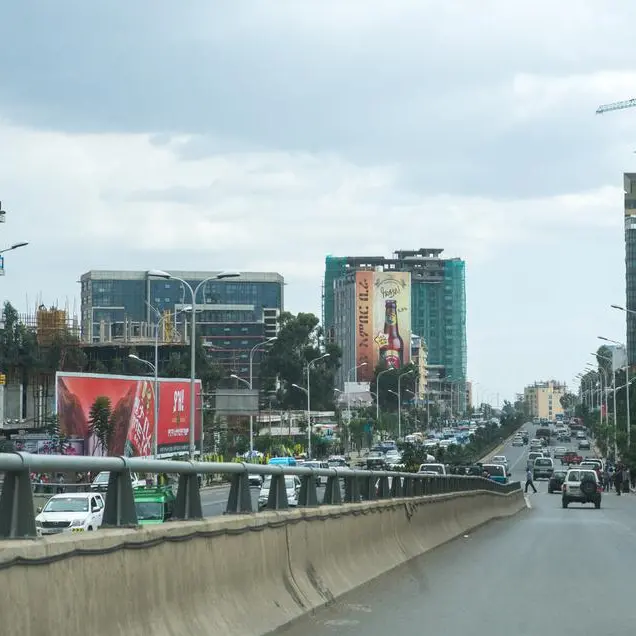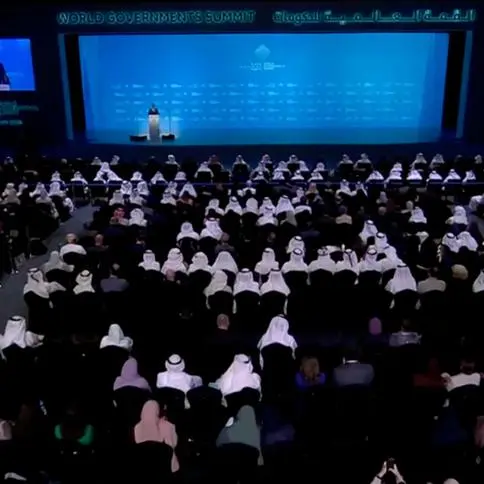PHOTO
Bahrain - A bill that stipulated that expatriates could be hired only if suitable Bahraini candidates are not available has been shot down by the Shura Council.
The government-drafted amendments to the 2010 Civil Service Law was based on a parliamentary proposal.
Under the proposal, expatriate candidates should hold at least a Master’s degree in their area of specialisation, and have a minimum of 10 years’ experience in the field.
Employment contracts must be signed for a maximum of two years, renewable only for a similar period after ensuring that no suitable Bahraini candidate is available, and following the approval of a panel set up by the Civil Services Commission (CSC).
Approved by MPs in October last year, it will now be reviewed by the MPs again. Should they and Shura members stand their ground, then the bill will be presented for a joint National Assembly vote.
During yesterday’s weekly session of the Shura Council, the chamber’s first vice-chairman Jamal Fakhro said the issue of replacing foreigners with Bahrainis was a sensitive and important issue. The government was interested in providing jobs for Bahrainis in the private sector and that must be its focus.
“We cannot reject it as it gives Bahrainis priority in employment, so we must be patient in making some amendments and formulations to the legislation, and its rejection places a greater responsibility on the Civil Service Commission to give Bahrainis a greater opportunity,” he said.
“The government has reduced the number of foreigners in the public sector by about 2,000 employees over the past five years, which is only five per cent annually, and an insufficient rate.
“Why haven’t we succeeded in replacing them? Is it reasonable that we haven’t been able to employ 2,000 Bahrainis in exchange for 2,000 foreigners who were laid off? Especially since there are still 5,800 foreigners working.”
Meanwhile, Shura’s legislative and legal affairs committee chairwoman Dalal Al Zayed said the text included in the draft law is not related to the issue of priority for employing Bahrainis, but rather addresses a condition regarding the requirement that a non-Bahraini have a Master’s degree.
“This is unacceptable because it gives an additional financial advantage to the foreigner and increases their salary. This will not reduce unemployment,” she said.
“It will give the foreigner an additional amount if they are employed with a Master’s degree, so we must restrict controls in contracts, terminate them and monitor them.”
Shura human rights committee chairman Dr Mohammed Al Khozaie said the legislation entails difficulty in implementation and increases burdens, as it is impossible to combine the professional certificates required for specialised jobs with the Master’s degree that the draft requires, in addition to the fact that many technical jobs and specialisations do not require a Master’s degree, which will hinder the work of the government sector.
“It is also difficult to implement due to the novelty of some specialisations in some fields, such as cybersecurity, artificial intelligence and the field of financial technology, as it is impossible to find specialists in these fields who meet the condition of 10 years’ experience due to their novelty, and obtaining a Master’s degree in the same specialisation,” he said.
Dr Al Khozaie, who is also the legislative and legal affairs committee rapporteur, explained that requiring a Master’s degree for all jobs results in an increase in the financial burdens associated with contracting with a foreigner with a Master’s degree.
“Failure to meet this requirement results in hiring a larger number of employees to compensate for the difference in efficiency and experience, which increases the costs of salaries and operating benefits.”
Eighty-six per cent of civil servants are Bahrainis with the number of expatriates in the sector dropping by 23pc from 2019 until the end of last year, according to CSC chief Shaikh Daij bin Salman Al Khalifa.
He said that 35,663 Bahrainis were on the payroll of ministries and government agencies while 5,800 foreigners worked in these departments last year.
“There were 7,582 expats doing civil service jobs in 2019 but we now have only 5,800, which is a 23pc drop,” said Shaikh Daij.
Copyright 2022 Al Hilal Publishing and Marketing Group Provided by SyndiGate Media Inc. (Syndigate.info).





















